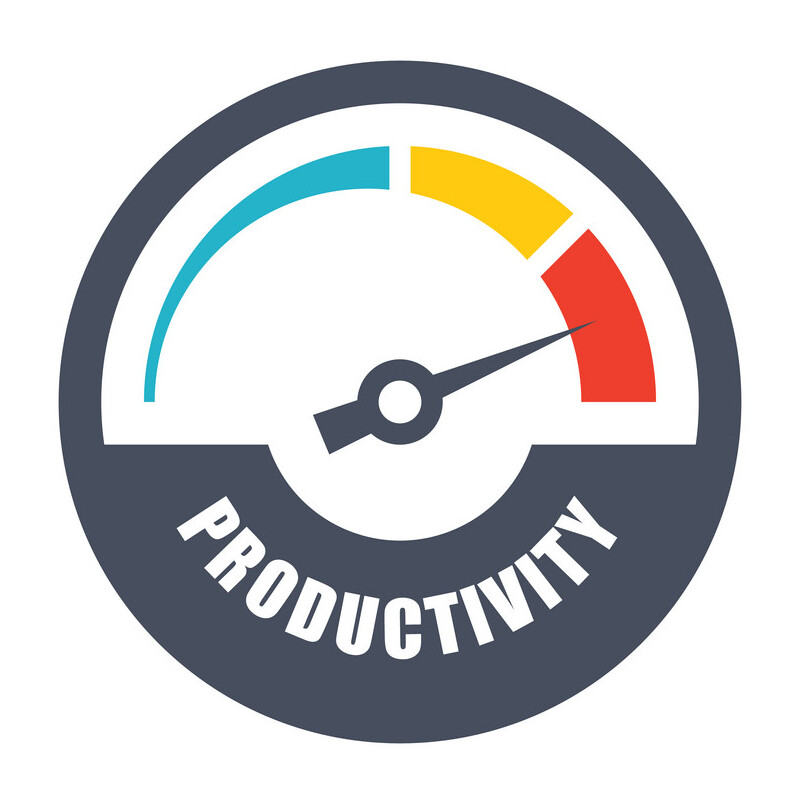
Productivity
We all have the same 24 hours in a day - The difference is that some are able to get far more out of it than others. Here's what they're doing that others aren't.
Explore Interview QuestionsTaro 75Google Interview QuestionsMeta Interview QuestionsAmazon Interview QuestionsApple Interview QuestionsNetflix Interview Questions
Explore Interview ExperiencesOpenAI Interview ExperiencesAnthropic Interview ExperiencesPerplexity Interview ExperiencesWindsurf Interview ExperiencesMistral AI Interview Experiences